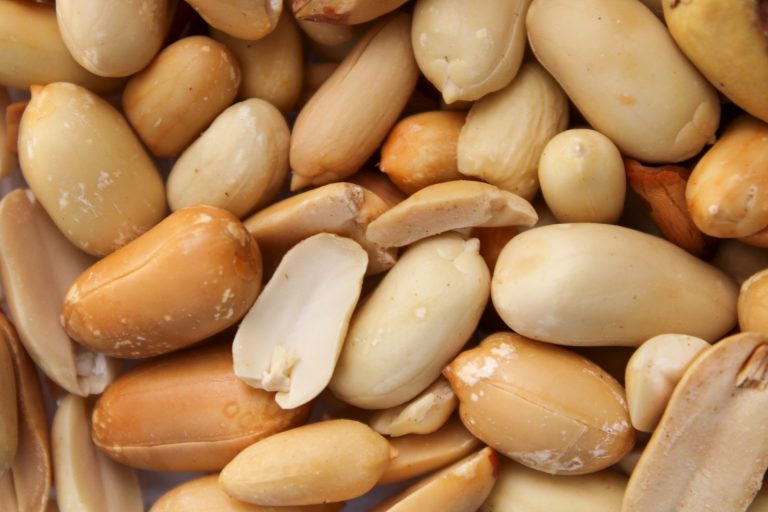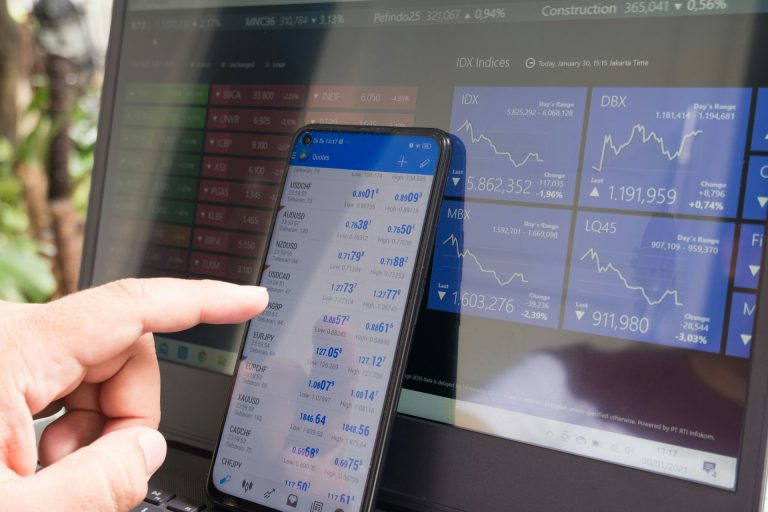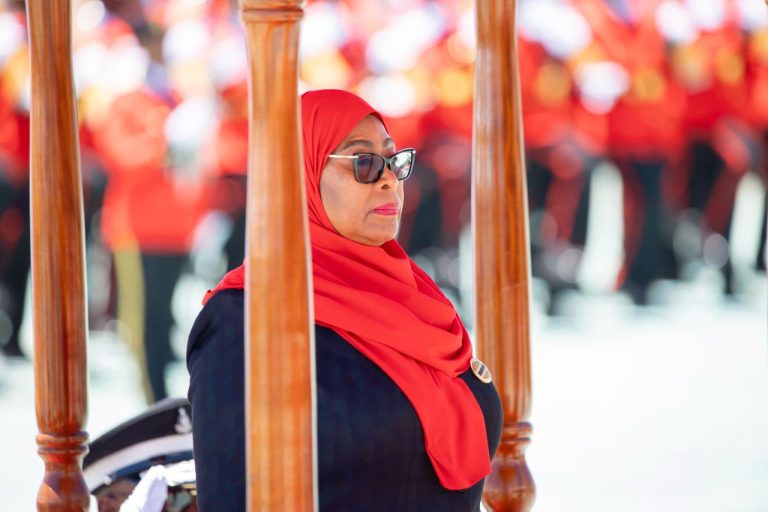- Defections raise fears of one-party dominance ahead of 2027 polls
- Tinubu’s economic reforms cited as catalyst amid criticism of weak opposition
ABUJA, NIGERIA – A wave of defections by governors and lawmakers from Nigeria’s opposition parties to the ruling All Progressives Congress (APC) is shaking the country’s political landscape.
The move is also raising fears of a slide toward one-party dominance ahead of the 2027 elections.
In the latest political realignment, two state governors – Enugu’s Peter Mbah and Bayelsa’s Douye Diri – quit the opposition Peoples Democratic Party (PDP) last week, with Mbah formally joining the APC alongside his commissioners. Diri resigned from the PDP on Wednesday, keeping observers guessing about his next move.
Their moves bring to three the number of governors who have defected to the ruling party in less than two years. Insiders say more are expected to follow in the coming months, as the APC tightens its grip across Nigeria’s 36 states.
Currently, the APC controls 23 governorships, while the PDP holds nine. The remaining three – in Anambra, Abia and Kano – belong to smaller parties including the All Progressives Grand Alliance, Labour Party, and New Nigeria Peoples Party.
Tinubu’s growing dominance
The wave of defections has also reshaped the National Assembly, where eight senators have crossed over to the APC since the May 2023 elections. The ruling party now commands a two-thirds majority with 74 members in the 109-seat Senate, leaving the PDP with just 27.
Dr Tope Fasua, Special Adviser to President Bola Tinubu on Economic Affairs, says the surge in defections reflects confidence in the government’s economic management. “Every politician wants to be part of a success that has proved elusive till now,” Fasua told Allen Dreyfus via text message. “President Tinubu has proven in less than 30 months to be the man with a Midas touch.”
He cited Tinubu’s early reforms – including the removal of a controversial fuel subsidy and the floating of the naira — as decisive steps toward stabilising the economy.
“The upcoming tax reforms are an icing on the cake,” Fasua said. “We’re seeing faster economic growth, slowing inflation and interest rates, improved debt service-to-revenue ratios and reduced debt-to-GDP rates.”
A World Bank report last week praised the reforms for restoring macroeconomic stability but warned that benefits have yet to reach the poor. It projected that Nigeria’s number of people living in poverty will rise to 139 million this year, highlighting the gap between growth and social welfare.
‘Politics without principles’
Not everyone sees the defections as a sign of success. Some analysts say they underscore Nigeria’s weak political ideology and opportunistic power plays.
Prof Sylvester Odion Akhaine, of the Political Science Department at Lagos State University, described the mass movements as “politics without principles or ideology.”
“I have told the president through my column that it is better to have a loyal opposition, who will tell you what they cannot tell you in the inner caucus,” Akhaine said in an interview.
He warned that the trend could erode Nigeria’s democratic diversity. “Nigeria is supposed to be a multi-party state. For a country with over 200 million people, this is not good for the kind of diversity that this country has,” he said.
“It is tending towards what people fear most – a single-party system. That could stunt the growth of ideas and lead to censorship.”
As the APC consolidates power, the challenge for Nigeria’s democracy, analysts say, is whether political competition can survive the gravitational pull of incumbency – or if the country is drifting toward a political monopoly disguised as stability.











